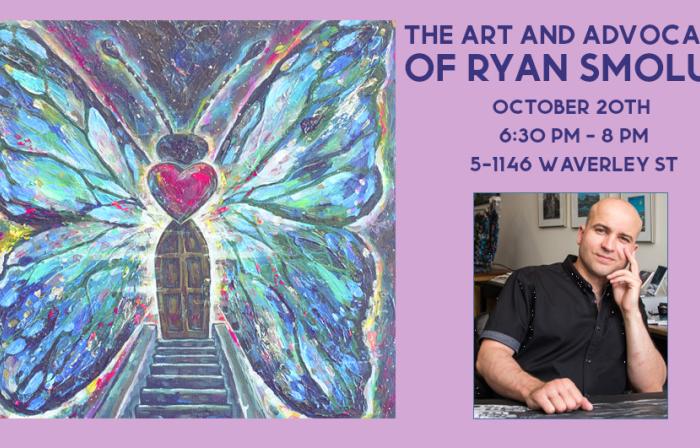December 3 is International Day of People With Disabilities, an annual occasion designated to join together to support people with disability in our communities, and raise awareness of the importance of creating a future where people with disabilities experience equal opportunity and face no barriers in all aspects of their lives— whether it be going about their day-to-day lives with adequate accessibility in their communities, joining the workforce, or being able to showcase their abilities and reach their goals without facing barriers.
On December 3 this year, during the annual celebration of people with disabilities, the 2020 theme ‘Not all Disabilities are Visible’ also focuses on spreading awareness and understanding of disabilities that are not immediately apparent, such as mental illness, chronic pain or fatigue, sight or hearing impairments, diabetes, brain injuries, neurological disorders, learning differences and cognitive dysfunctions, among others. According to the WHO World Report on Disability, 15 per cent of the world’s population, or more than 1 billion people, are living with disability. Of this number, it’s estimated 450 million are living with a mental or neurological condition— and two-thirds of these people will not seek professional medical help, largely due to stigma, discrimination and neglect. Another 69 million individuals are estimated to sustain Traumatic Brain Injuries each year worldwide, while one in 160 children are identified as on the autism spectrum. These are just some examples of the millions of people currently living with a disability that is not immediately apparent, and a reminder of the importance of removing barriers for all people living with disability, both visible and invisible. During the COVID-19 pandemic, isolation, disconnect, disrupted routines and diminished services have greatly impacted the lives and mental well-being of people with disabilities right around the world. Spreading awareness of invisible disabilities, as well as these potentially detrimental— and not always immediately apparent— impacts to mental health, is crucial as the world continues to fight against the virus.



